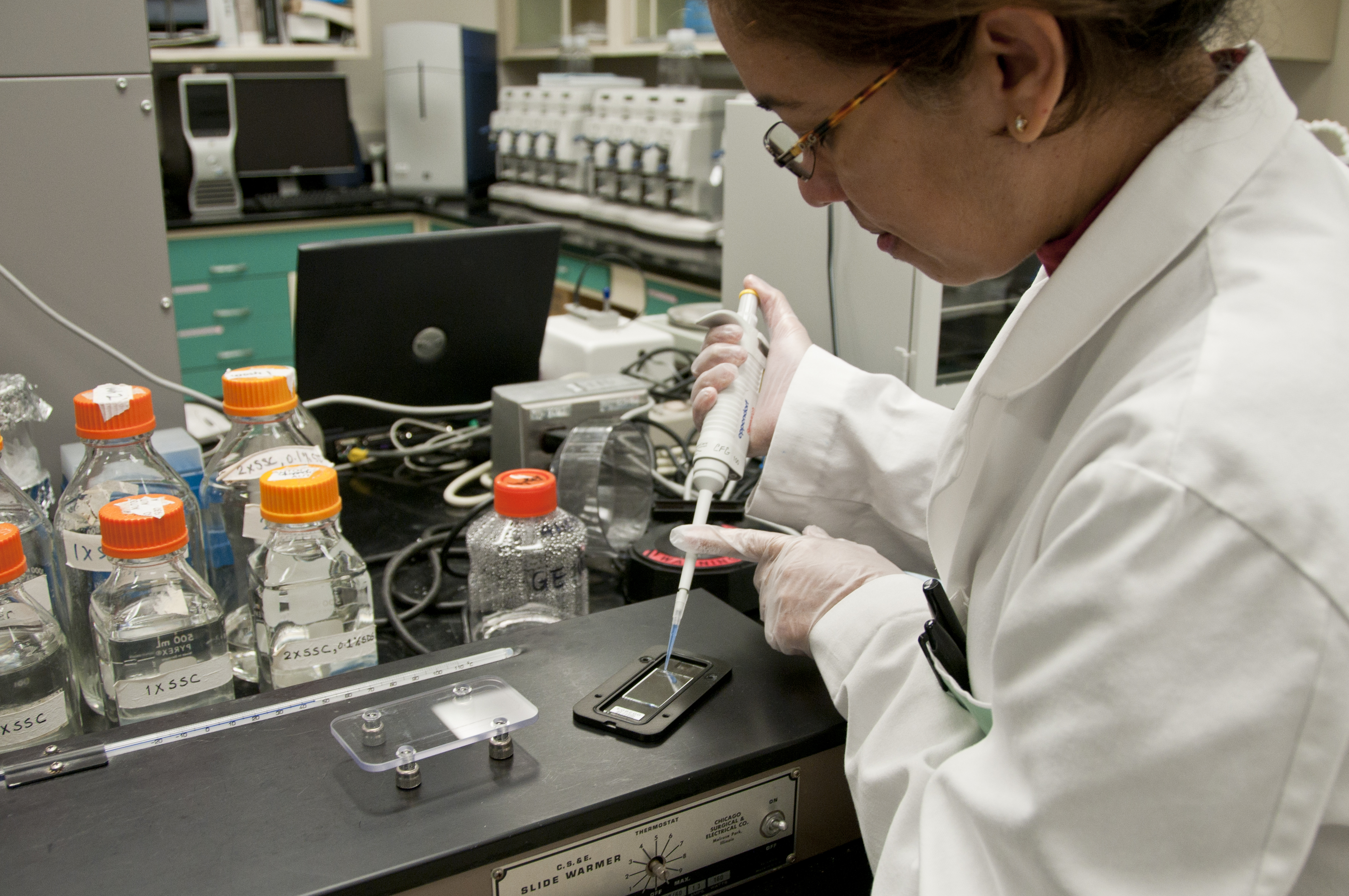
Photo from academic.microsoft.com
This study aims to study the waste management process and recycling of municipal waste in Tehran. Currently, Kahrizak is the defined landfill area which collects the waste generated from 22… Click to show full abstract
This study aims to study the waste management process and recycling of municipal waste in Tehran. Currently, Kahrizak is the defined landfill area which collects the waste generated from 22 districts of Tehran. The organic wastes undergo to the windrow composting method in order to manage the partial of the waste generated in the city. Samples from the compost pile generated in Kahrizak were examined to evaluate its fertilizer value to be used further by the farmers. The results show that the obtained compost does not reach the acceptable quality to be used further in agriculture, due to lack of homogeneity, aeration and presence of heavy metals. Overall, it has been concluded that, due to the improper waste segregation and management prior to sending to landfill and presence of non-organic materials such as hazardous metals and medical wastes, causes difficulties in proper waste management, implementation and producing high quality compost. Based on this study the existence of stakeholders, society, economy and proper handling rules can effectively improve the waste management system in the country and leads to the sustainable green environment.
Journal Title: International Journal of Environmental Research and Public Health
Year Published: 2019
Link to full text (if available)
Share on Social Media: Sign Up to like & get
recommendations!